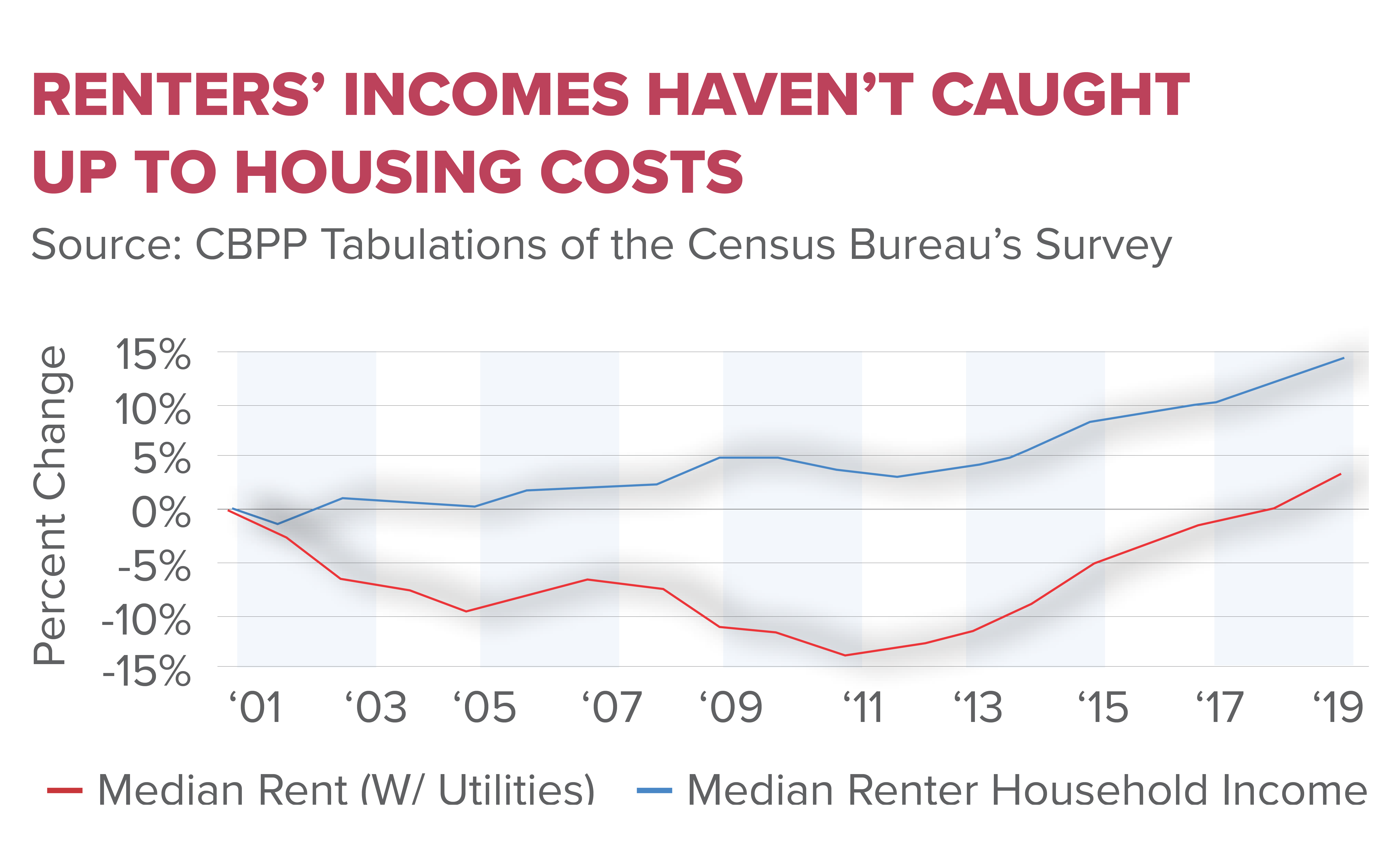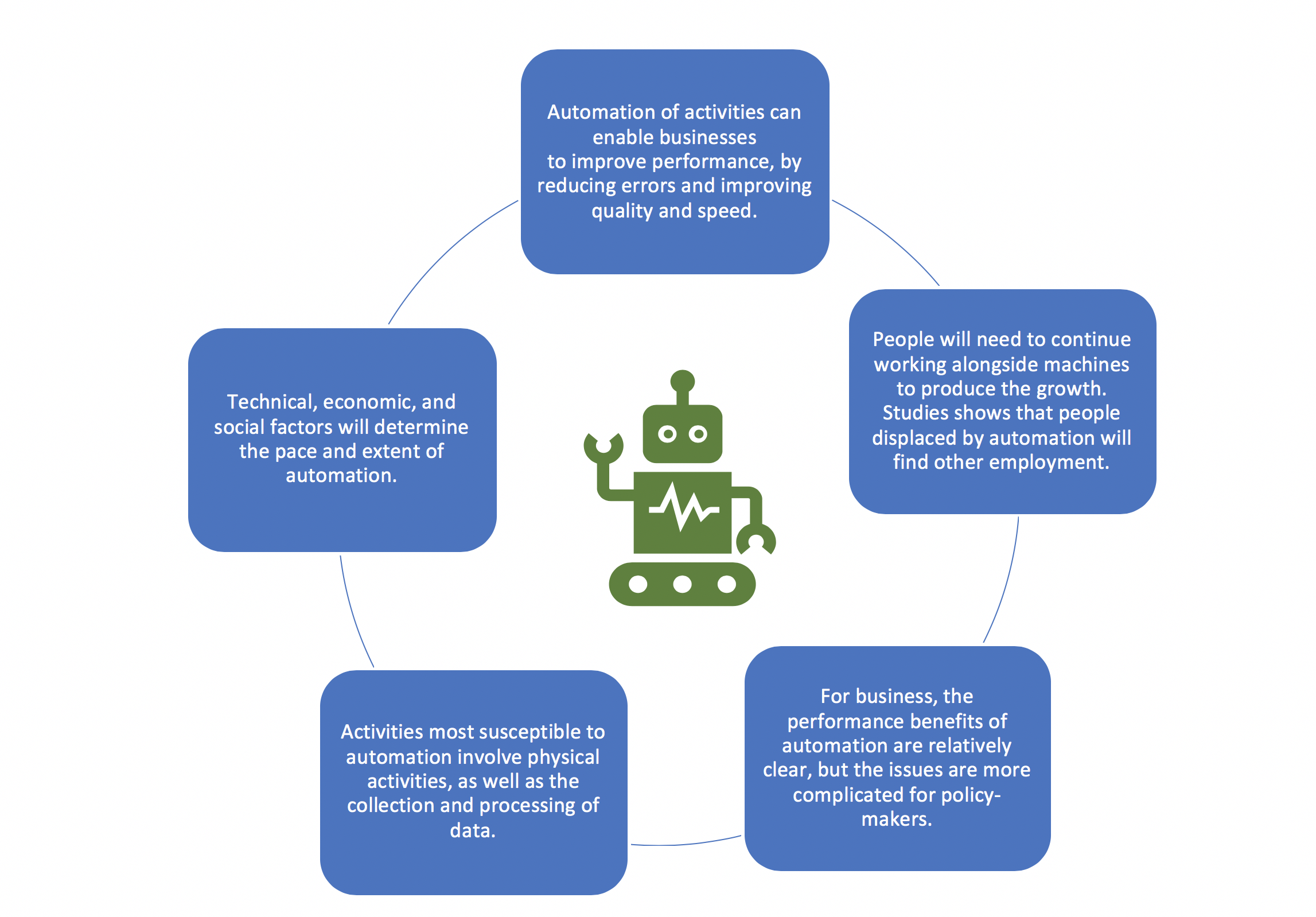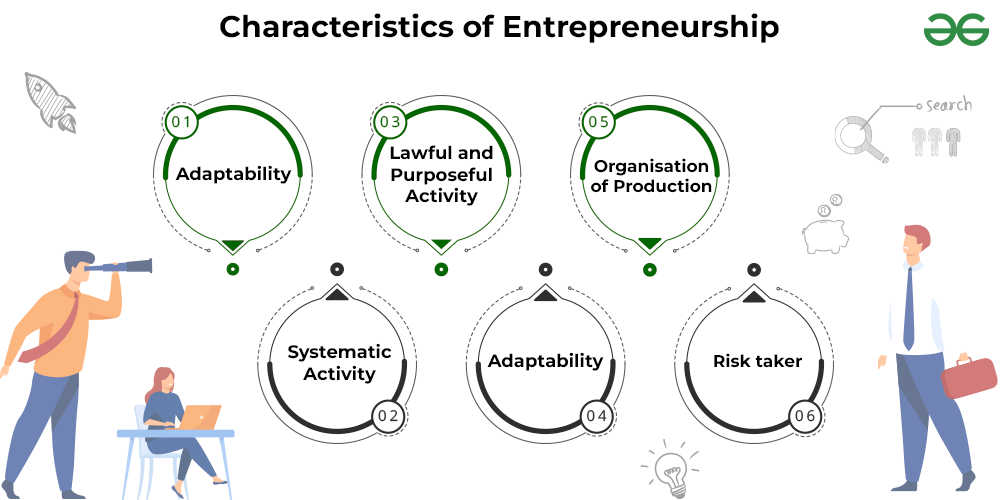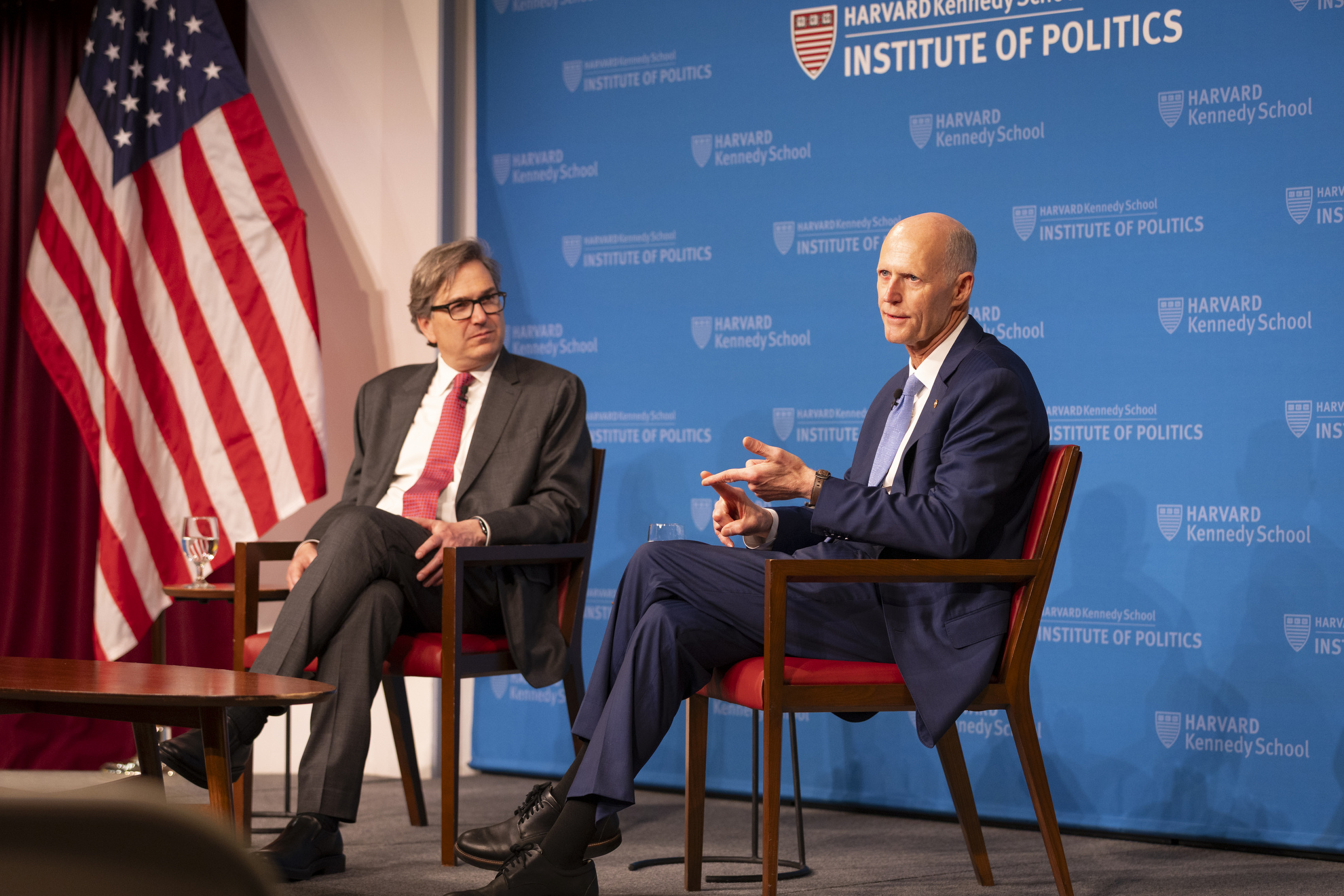The impact of research funding on the innovation landscape cannot be overstated, as it serves as a vital lifeline for entrepreneurship and economic growth. Recent events, particularly the federal funding freeze affecting universities like Harvard, underscore the potential consequences on the startup ecosystem. With more than $9 billion in funding under scrutiny, economists warn that even a partial cut could result in enormous GDP shrinkage, echoing the turbulence of the 2008-2009 recession. Research funding not only fuels scientific advancement but also cultivates a fertile ground for new ventures that translate innovative ideas into marketable solutions. As institutions prepare to navigate these challenges, understanding the interplay between research funding impact and economic vitality becomes increasingly crucial.
Exploring the ramifications of funding cessation for scientific inquiry reveals significant insights into the future of innovation and business development. The cessation of financial support threatens to disrupt the natural flow of knowledge dissemination and startup formation within the academic sphere. Institutions like Harvard represent epicenters of entrepreneurship where groundbreaking research often morphs into viable business ventures, driving employment and economic progress. As we delve deeper into this pressing issue, it’s imperative to recognize the essential relationship between federal investments in research and their broader implications for the entrepreneurial landscape. Ultimately, the vitality of our economy hinges on the continuous support for research initiatives that inspire the next generation of innovators.
The Critical Role of Research Funding in Innovation
Research funding is the cornerstone of technological advancement and economic vitality in the United States. Federal funding, particularly in scientific and medical research, has historically played a pivotal role in fostering innovation. When institutions like Harvard face a federal funding freeze, the implications extend far beyond the university. Startups, which rely heavily on the latest scientific breakthroughs and academic research, experience a ripple effect that can inhibit their growth and the vital innovations they can bring to market. As highlighted by the analysis from American University, significant cuts to research funding could shrink the Gross Domestic Product (GDP) by 3.8 percent, undermining the economic growth that startups are often poised to drive. Thus, the alignment between research funding and economic vitality is crucial for the innovation landscape.
Moreover, research funding serves not only as a financial foundation but also as a motivational fuel for academic institutions. Researchers are incentivized to explore uncharted territories in their fields, pushing the boundaries of science through robust funding. The synergy between startups and research institutions creates a vibrant ecosystem where fresh ideas and inventions can flourish. A healthy infusion of federal funding is essential for maintaining this ecosystem, ensuring that the entrepreneurial and innovative spirits continue to thrive within research universities and beyond.
Entrepreneurship and Innovation: A Symbiotic Relationship
Entrepreneurship is deeply intertwined with innovation, forming a symbiotic relationship where each aspect feeds off the other. Institutions like Harvard not only educate the next generation of entrepreneurs but also serve as incubators for groundbreaking ideas. The robust entrepreneurship curriculum provides students with both theoretical knowledge and practical skills, empowering them to launch startups that can lead to significant technological advancements. Harnessing resources from research departments, students often create ventures that could redefine industries, making the startup ecosystem a vital contributor to economic growth.
Despite the ongoing federal funding freeze, the enthusiasm for entrepreneurship remains high. Students and faculty members continue to explore innovative solutions, leveraging existing resources and networks. However, the potential for these startups to progress is directly linked to the availability of research funding. Without it, many promising ideas may never see the light of day, underscoring the importance of a well-funded research environment to sustain the entrepreneurial spirit prevalent in institutions like Harvard.
The Effects of Federal Funding Cuts on Startups
The federal funding freeze has sparked significant concerns among entrepreneurs and innovation stakeholders. With the cessation of various approved grant payments, many projects and initiatives have come to a halt. These funding cuts can dramatically impact the viability of emerging startups, as innovative ideas generated from research may struggle to evolve into market-ready products and services. As noted by experts, the pipeline for company creation is long; the effects of current funding cuts may not be apparent until years later when fewer startups emerge from the research incubator.
Additionally, the cancellation of grants not only stifles new innovation but also contributes to an industry-wide hiring freeze. As startups depend on a continuous stream of talent and expertise, the disruption in funding threatens to limit their ability to attract and retain skilled individuals. This situation raises critical questions about the long-term sustainability of startups in the United States and highlights the urgent need for a re-evaluation of funding policies that shape the research landscape.
Navigating the Future of the Startup Ecosystem
As the startup ecosystem grapples with the implications of the funding freeze, there is a looming question about the future trajectory of innovation and entrepreneurship in the U.S. While institutions like Harvard are committed to nurturing budding entrepreneurs, a lack of adequate funding could hinder their potential impact. The evolving landscape calls for a strategic reevaluation of how research funding is allocated, emphasizing the need for sustainable practices that promote a thriving startup environment. The situation presents both challenges and opportunities for stakeholders to advocate for policies that prioritize investment in scientific research.
In light of the funding interruptions, entrepreneurial education providers are also adapting their strategies to prepare students for an uncertain future. Emphasis on resilience, creativity, and alternative funding sources will be crucial in equipping aspiring entrepreneurs with the tools they need to navigate an increasingly complex economic environment. By fostering a proactive mindset, future innovators can better respond to the evolving demands of the startup ecosystem and continue to push the boundaries of scientific progress.
The Intersection of Academic Research and Business Ventures
The intersection of academic research and business ventures is a dynamic space where ideas often blossom into commercially successful products. Research universities are increasingly seen as breeding grounds for startups, thanks to their extensive laboratories and the talent pool they attract. As demonstrated by Harvard’s diverse academic resources, the collaboration between faculty and students leads to the development of groundbreaking technologies and solutions. However, this relationship heavily relies on robust research funding that facilitates exploration and experimentation.
This collaboration can be severely impacted by funding disruptions, which risk stifling innovation right at its source. If research funding is compromised, the potential for groundbreaking discoveries diminishes, leading to fewer business ventures capable of making a significant economic impact. It is essential for both policymakers and educational leaders to understand the importance of securing consistent funding to maintain the integrity of this crucial relationship between academia and entrepreneurship.
Economic Growth Driven by Research Innovation
Economic growth in the U.S. is closely linked to advances in research and innovation. Federal funding for scientific research not only supports the development of new technologies but also contributes to the overall economic landscape by creating jobs and fostering industry growth. Research efforts at leading institutions generate a high return on investment, as studies suggest that every dollar invested in biomedical research can yield more than $2.50 in economic activity. This illustrates the vital role that research funding plays in spurring economic progress and innovation.
Furthermore, a robust research environment attracts talent and investment from both domestic and international sources. As startups spring up from successful research initiatives, the broader economy benefits through job creation, increased productivity, and competitive advantages in the global marketplace. However, any disruption to this cycle due to funding freezes can have far-reaching consequences for economic growth, emphasizing the need for stable and predictable funding policies that support research initiatives.
Long-Term Effects of Funding Disruptions on Startup Growth
The long-term effects of funding disruptions can manifest in various ways, particularly within the startup ecosystem. Entrepreneurs often require years of dedicated research and development before their ideas can mature into viable products. Disruptions in funding not only create immediate hurdles but can also sway the overall entrepreneurial landscape for years to come. Startups founded during this time may find themselves struggling to secure additional investments or scale their operations due to the limited innovation pipeline.
Moreover, the lack of funding leads to a talent drain, where bright minds may seek opportunities in more stable environments, leaving startups under-resourced. This can perpetuate a cycle of stagnation in the innovation landscape, ultimately leading to fewer breakthroughs that stem from academic research. Policymakers must recognize the urgency of resolving these funding issues to ensure that the entrepreneurial ecosystem remains vibrant and capable of generating long-term economic benefits.
The Future of Startup Funding Amidst Regulatory Changes
The future of startup funding is increasingly influenced by regulatory changes and political dynamics surrounding federal funding. As entrepreneurs navigate the complexities of securing investment, understanding these variations in funding policy becomes essential. Organizations and startups dependent on research grants must adapt to potential funding restrictions, which may necessitate diversifying their funding sources or pivoting their business models to remain viable. The adaptability of the startup ecosystem can serve as a testament to its resilience in the face of challenges.
Additionally, collaborations with private investors, venture capital firms, and philanthropic organizations could play a vital role in bridging the gaps left by federal funding freezes. By building relationships across the financial landscape, startups can position themselves to thrive even when traditional funding avenues become constrained. This strategic approach will ensure that innovation continues to flourish amid changes in the regulatory environment, fostering a resilient startup ecosystem that can withstand economic fluctuations.
Cultivating Future Entrepreneurs through Supportive Educational Frameworks
The cultivation of future entrepreneurs requires supportive educational frameworks that empower students with the knowledge and skills necessary to innovate. Institutions like Harvard Business School are at the forefront of developing programs aimed at fostering entrepreneurial thinking and creativity among students. These educational opportunities not only teach the principles of entrepreneurship but also provide practical experiences that enable students to launch their own ventures. The interaction between theoretical learning and real-world application is critical in developing the next generation of innovators and leaders.
Moreover, as the economic landscape evolves, education systems must pivot to include training on navigating funding challenges and understanding the implications of research funding on entrepreneurship. By integrating these concepts into curricula, educational institutions can better prepare students for the realities of launching startups in an environment marked by fluctuation and uncertainty. Building a foundation of adaptable entrepreneurs will be crucial in ensuring the continued growth and evolution of the startup ecosystem.
Frequently Asked Questions
How does federal funding freeze impact research and innovation in the startup ecosystem?
The federal funding freeze significantly disrupts research initiatives, limiting resources for innovation. This reduction in funding for research can lead to fewer breakthroughs that feed into the startup ecosystem, ultimately stifling entrepreneurship and economic growth.
What role do research universities like Harvard play in fostering entrepreneurship and innovation despite funding issues?
Research universities such as Harvard serve as incubators for entrepreneurship through well-structured programs and resources. They facilitate commercialization pathways from research labs to startups, helping students and faculty transform ideas into viable businesses even amidst funding challenges.
Can cuts in research funding affect the long-term viability of tech and biomedical startups?
Yes, cuts in research funding can jeopardize the long-term viability of tech and biomedical startups. The decrease in available resources for R&D can slow down innovation, resulting in fewer successful startups emerging from academic environments.
What are the economic implications of reduced research funding on innovation?
Reduced research funding negatively impacts economic growth by hampering the creation of new technologies and companies. Studies have shown that diminished funding can lead to a significant GDP contraction, similar to the economic downturns experienced during the Great Recession.
How is the startup ecosystem connected to federal research funding and economic growth?
The startup ecosystem is deeply interconnected with federal research funding as it provides the foundational knowledge and resources required for innovation. This funding fosters the development of new ideas that can spur entrepreneurship and drive economic growth.
What effects have been observed in the startup ecosystem due to recent federal funding freezes at research universities?
Recent federal funding freezes have led to hiring freezes and canceled grants, which disrupt the pipeline of new startups. This will likely result in fewer startup launches in the coming years, as the incubation process for new ventures is elongated by the lack of resources.
Are there any long-term strategies to mitigate the impact of federal funding freezes on research and startups?
To mitigate the impact of federal funding freezes, research universities can cultivate stronger partnerships with private investors, enhance their entrepreneurship programs, and focus on creating a culture of innovation that encourages diverse funding sources beyond federal grants.
| Key Points | Details |
|---|---|
| Funding Cuts Impact | Harvard faced over $9 billion in funding cuts, disrupting research and threatening GDP. |
| Economic Downturn Prediction | A cut in research funding could shrink GDP by 3.8%, similar to the 2008-2009 recession. |
| Startups & Innovation | Research institutions are vital for startups, translating scientific breakthroughs into marketable products. |
| Role of Faculty and Students | Faculty and students feed the startup ecosystem through innovation and entrepreneurial education. |
| Long-term Effects of Funding Freeze | Short-term effects are visible, but the full impact on startups will be medium to long-term. |
| Potential for Recovery | Recovery of lost funding could take 1-3 years, affecting new company formation. |
Summary
The impact of research funding is crucial for economic growth, especially in the United States where innovation relies heavily on the support from federal sources. The recent funding freeze at prestigious institutions like Harvard poses a significant threat to both research and entrepreneurial ventures, potentially leading to a detrimental ripple effect on the economy. As these cuts can severely reduce the number of promising startups emerging from university ecosystems, it becomes evident that maintaining robust research funding is not only vital for science and medicine, but also essential for fostering a thriving entrepreneurial landscape.










